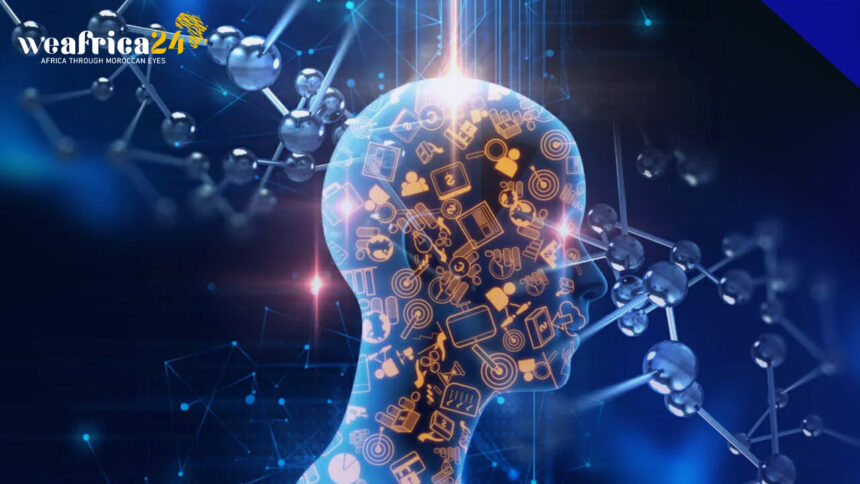Artificial intelligence is one of the most exciting and developing technologies and fields in the world of technology and computing. Through artificial intelligence, machines, and computer systems can learn to do tasks that require human skills, such as creative thinking and intelligent problem-solving.
The idea of artificial intelligence is to develop computer programs and systems that rely on computing power to learn, analyze, and think like humans. This technology provides the possibility of developing innovative and effective technical solutions in various fields, such as medicine, industry, commerce, and others, which contributes to accelerating and facilitating many operations and activities and achieving time, effort, and cost savings. In this regard, “Weafrica24” interviewed a specialist in the effects of artificial intelligence, Muhammad Al-Khalidi, to answer some thorny and hesitant questions about this new scientific phenomenon and its multiple dimensions.
What are the most important current applications of artificial intelligence in daily life?
It is difficult to list the applications of artificial intelligence used in daily life because actors in the field of developing smart technologies compete with each other in developing programs that rely on artificial intelligence. In the medical field, for example, we find EMR (Electronic Medical Record) applications, which play a major role in medical diagnosis, by collecting and analyzing medical data and sharing it with practitioners.
There are simultaneous translation applications, whether text or oral or even those that translate everything that is monitored by the camera. There are many applications used in the fields of helping people with disabilities, such as assistive applications for blind people such as “Seeing AI.”
What are the common mistakes that people can make when discussing artificial intelligence?
We can talk in this section about two directions that are now guiding the public debate wrongly. The first trend relates to the exaggeration of risks, and the second relates to overconfidence in artificial intelligence programs. This explains the lack of control over the issue of artificial intelligence, whether in terms of its nature or terms of its repercussions and effects, in addition to the desire of everyone to ride the wave of artificial intelligence, even at the expense of promoting inaccurate data.
While the realistic view requires looking at these programs, As tools that reflect the knowledge and technological accumulation achieved by humanity, and represent the most important fruits of this accumulation, they still have limits and risks that should be aware of, to develop and improve them for the good of humanity.
Do you think that artificial intelligence will lead to the loss of human jobs?
Of course, artificial intelligence will lead to the loss of many human jobs, but it also contributes to the emergence of other jobs. The adoption of artificial intelligence programs certainly requires a review of the education and training system to achieve that harmony between the competencies of human resources and the requirements of the labor market, which has become It relies increasingly on artificial intelligence technologies.
Do you think that artificial intelligence will one day be able to understand human emotions?
There are advanced experiments in this field, especially about the production of robots that interact with humans, and even express some feelings, by investing heavily in artificial emotional intelligence, which is based on analyzing data related to human expressions and emotions, and seeking to try to generate expressions in similar contexts. This is facilitated by programs for face recognition and recognition of voices and movements. However, at present it is difficult to talk about systems that are comparable to human emotions because the latter are the fruit of an individual history, in which the human personality is formed interactively with himself and with his surroundings, in addition to risks and mistakes. Associated with the quality of machines and their technical sensitivity.
What are the innovations and recent discoveries in the field of artificial intelligence?
Innovations in the field of artificial intelligence are multiplying, but there are a lot of talks now about chatbots such as “Chatgpt” developed by the company “Openai”. There are also innovations in the field of augmented reality, the Internet of things, and smart robot industries in the fields of industry, medicine, financial analysis, environmental protection, driving cars and planes, fighting crime, tax evasion, and other fields. Today, we can say that all areas of human life have become the subject of artificial intelligence applications and algorithms.







